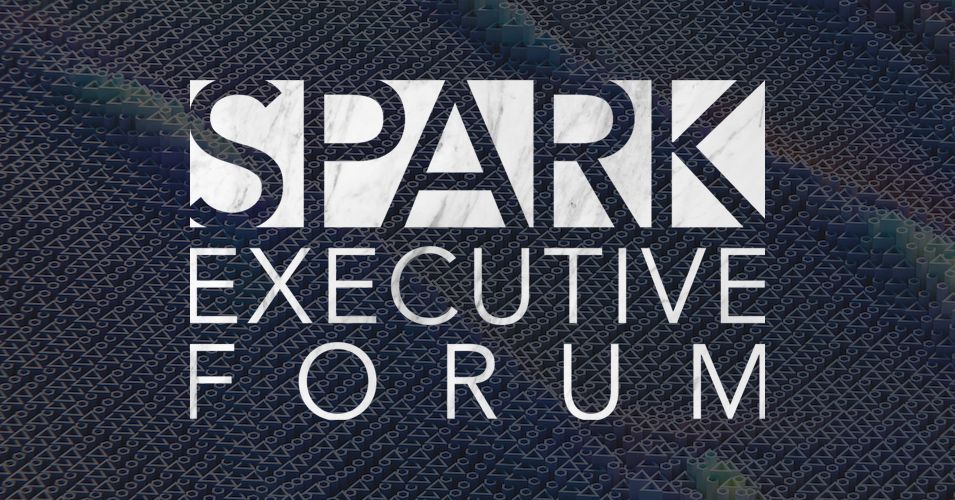CREATING YOUR CULTURE OF ACCOUNTABILITY AND PERFORMANCE
Culture is the most discussed talent issue on earnings calls, with mentions growing 12% annually since 2010, according to a recent Gartner report. Sage CEOs know that culture is a key differentiator among top-performing organizations. IBM's Lou Gerstner perhaps said it best, "I came to see, in my time at IBM, that culture isn't just one aspect of the game; it is the game."
Although the mandate to have a culture that creates performance accountability is clear to many leaders, most do not have a good grasp on how to impact performance through culture. Working with thousands of leaders and employees, we have identified traits that differentiate leaders who outperform their peers, create employee cultures that transform the customer experience, and ultimately produce stellar financial results. Three dynamics are at the core of leading cultural transformation:
- Understanding that culture defines an organization's collective capacity to create value.
- Understanding that while leadership and behavioral modeling are core activities, embedding cultural attributes in operating models and reward structures is critical.
- Helping employees to understand what they should stop doing, start doing, and continue doing in day-to-day execution.
Investors, boards, and employees expect leaders to shape their corporate cultures. Real cultural transformation, though, requires the courage of leaders and employees to look beyond how things are done today and envision a culture of accountability tomorrow.
Here are 9 key points to help you build a culture strategy and accelerate your overall transformation journey:
Create your culture transformation story
- Define the outcomes we are aiming to achieve
- Establish the processes and behaviors that need to change to achieve cultural changes
- Understand how the resulting culture will feel when we behave differently
Clarify the outcomes of changing the culture and help people understand:
- The priority of changes being implemented
- The authority people have to make changes
- How the transformation aligns with the business strategy
Extend your story to create a communications campaign, and communicate often and consistently:
- Define the impact on stakeholders at every level of the organization
- Layout a plan for communicating and be authentic and personal in your messaging
- Create a forum to address concerns, discover barriers, and resolve employee concerns
Assess the gap between your current culture and your future culture, and understand the distance that your change strategy will traverse:
- Define your current culture and embrace it - the good and the bad
- Identify target outcomes, behaviors, traits, and business performance results to be achieved
- Determine how you will measure stakeholder engagement, adoption, and milestone achievements
Identify examples of the future culture traits that already exist within your organization:
- Recognize and ”shout out" elements of your current culture that align with your future state
- Consider how current processes, policies, financial reporting practices, and recognition and reward practices impact how people behave
- Document and communicate great stories of both positive and negative outcomes
Embed and monitor new processes to transform daily work, recognition, and reward practices:
- Begin building the systems, tools, and processes that align with your future culture
- Focus on training, role clarity, and behavioral change to accelerate alignment with your future culture and business outcomes
- Assess and optimize reward structures to reinforce and perpetuate the future culture
Align leadership to ensure a change mindset is established and maintained:
- Engage leaders in design thinking workshops to discover if beliefs, assumptions and patterns of behavior are at odds with the transformation strategy
- Challenge misalignment and confront controlling, autocratic behaviors that stifle team play
- Target cultural attributes and coach leaders on how they are impacting those attributes, either positively or negatively
Expand your transformation capacity and competency with change management:
- Identify on-the-job opportunities for teams to take risks and fail forward
- Address the fear of change by enabling leaders, employees, and customers to embrace transformation as an opportunity, and not a threat
- Assign and engage individual change agents to model and coach observable behaviors that should become routine in the target culture
Measure adoption using culture “pulse checks”:
- Check for understanding of the mission, values, vision, and outcomes
- Measure the adoption of new cultural norms and address areas of resistance
- Continuously evaluate and make adjustments to new behavioral choices, and optimize the culture long-term
We believe senior leaders must communicate the importance of culture, and demonstrate the cultural transformation they seek to achieve. If you are a leader serious about cultivating the rewards of operational transformation, it’s time to form your culture strategy and execute with intent, vigilance and a defined process.
About Craig Nelson
Craig Nelson is a Senior Engagement Manager at Yates Ltd. He is responsible for ensuring Yates’s clients achieve the operating results envisioned by ensuring that operational, contractual, cultural and organizational risks and barriers are addressed and mitigated. Craig is a thought leader in sourcing, process optimization, transformation, organizational change and deeply experienced in helping organizations to achieve positive digital transformation, automation and cultural change impacts in IT operations.
He holds a BS in Psychology and MPA in Economics and Public Finance from the University of Utah, and is an accredited Six Sigma Black Belt.















